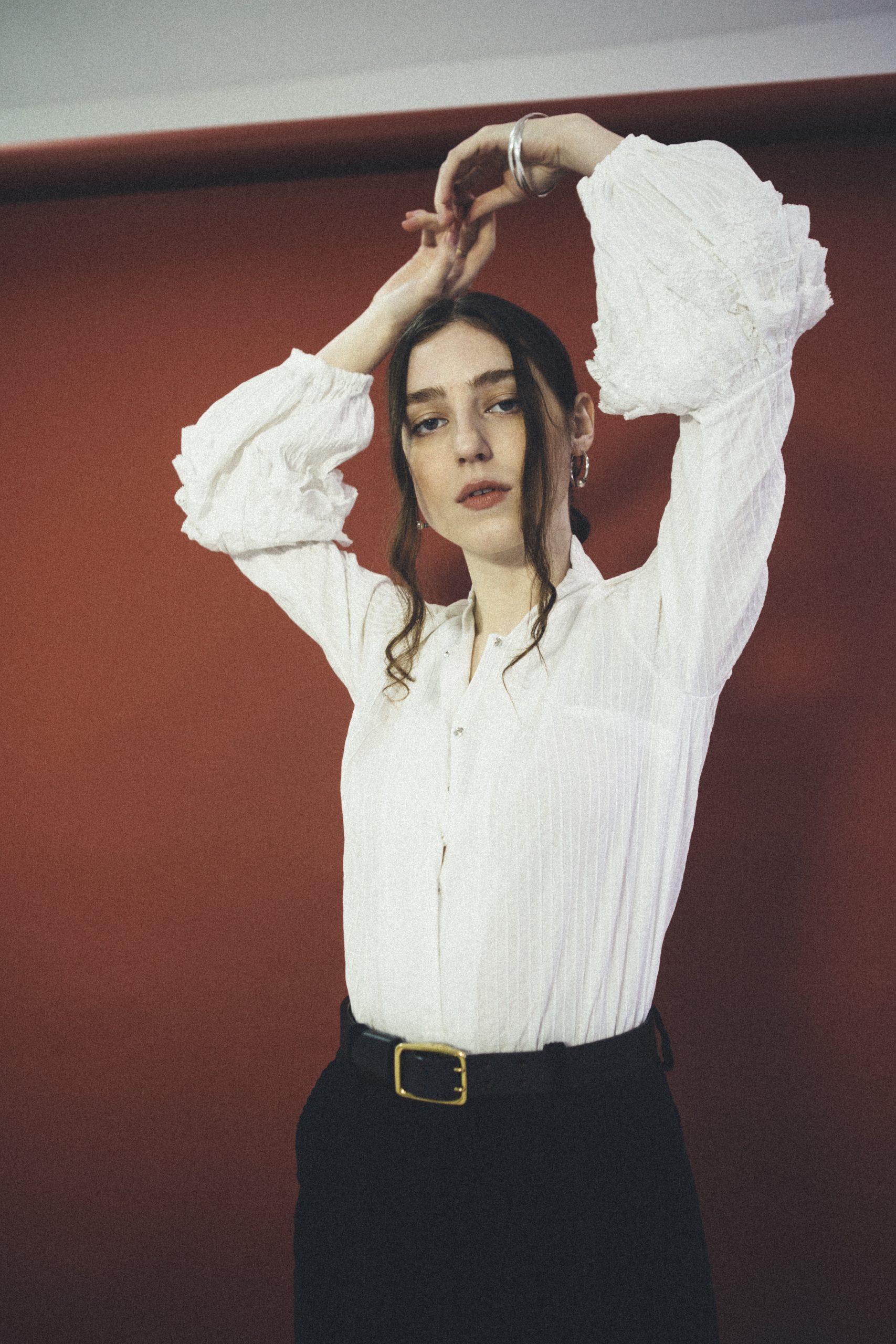
Jasmine van den Bogaerde, better known by her stage name Birdy, has always seemed older than her years. She was just 14 when she covered Bon Iver’s “Skinny Love” in 2011 and suddenly became famous – so famous that it became a source of much angst to me, an older-than-Birdy-but-still-teenage Bon Iver super-fan, that many people thought it was her original song. Adult me can concede that it was a pretty decent cover: her musicality and vocal ability certainly were not representative of the average 14-year-old.
It’s ironic that Birdy’s new record should be called Young Heart, because even though she is only 24, it sounds a bit, well, old. Her fourth album, and comeback after a three-year hiatus, it processes her first major heartbreak, but it sounds somehow nostalgic or retrospective, like a sage hippie looking back on her youth. On the cover of the record there is a photograph of Birdy sitting on the steps of a porch, looking small and delicate behind her guitar, at an indeterminate time and temperature (it could be a chilly morning in 1982, or a warm evening in 2019) and laughing, covering her mouth with a draped knitted jumper in 1970s-style multicoloured stripes. The whole image has a washed-out look; it’s no surprise to learn that when she wrote the album in the Hollywood Hills (far from her native Hampshire), she had recently discovered Joni Mitchell.
Mitchell’s influence is viscerally present in Birdy’s quick changes of register and lyrics sung at the pace of speech. This is clearest on “Second Hand News”, which, like almost all of the album, is supported by strings, piano and guitar, and structured around a soaring chorus of break-up woes. “Little Blue” can only be a riff on Mitchell’s “Little Green”, a song from her album Blue – and there’s more than just a little Blue here, for sure.
[see also: Field Music’s Flat White Moon: jolty pop melodies and crisp production]
The folk influence is broad, though: in the first half of the album, which is mid-tempo and heavy on acoustic guitar, she emulates Laura Marling: this is classic songwriting, unrushed and atmospheric. Birdy learned piano at the age of seven, and her mother is a concert pianist: there are also plenty of traces of classical. Opener “The Witching Hour” is just quiet broken chords in the upper register of the piano, with a hint of organ in the background, creating the effect of a breeze through a window (samples of birdsong add to the open-air feel). Later, there is an interlude for an excerpt of Chopin’s “Waltz in A Minor” on the piano.
These changes of pace are welcome: most of Young Heart is at the same pitch, tempo and tone. This isn’t unpleasant, but it does compress the content into a homogeneous mass of Woodstock-inspired crooning. Though there are moments of unfiltered feeling, the general mood of the record is one of easy drifting, wandering barefoot, and smooth radio, which dampens its emotional impact. “Celestial Dancers”, which appears late on this long album of 16 songs, is more rhythmic and unique, but the next song, “New Moon”, is not sufficiently different from the rest of the record to convey its newly upbeat message that “it’s all gonna change”.
Birdy’s voice prevails through it all, wistful, serene and confident, still seeming much older than she is. At its core, this album is prime fodder for staring out of a train window at the countryside, thinking about how you, too, are a young heart who – not necessarily because you’re getting your head around the fact that Birdy covered “Skinny Love” ten years ago – feels pretty old.
[see also: “We rely on Europe”: how Brexit will impact Metronomy’s next tour]






